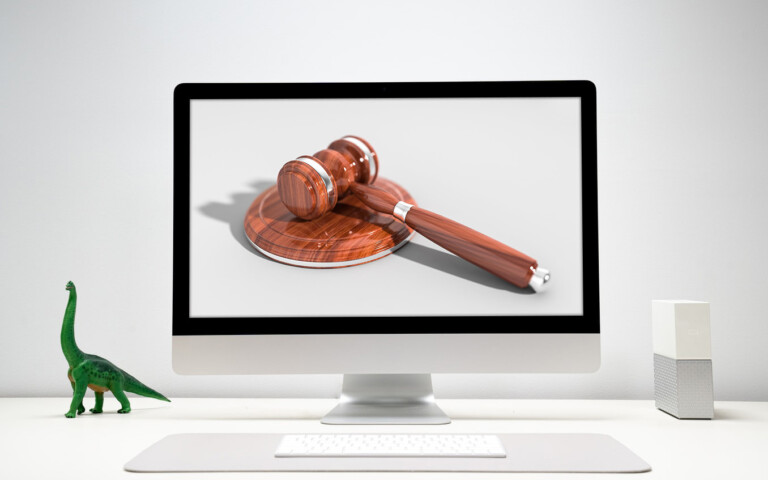
On December 7, 2020, Dr. Bonnie Henry announced that BC residents must continue to only socialize with people in their household until midnight on January 8, 2021, effectively extending COVID-19 protocols over the 2020 holiday season. On December 8, 2020, the Government of British Columbia announced that it has extended the Provincial State of Emergency until the end of day on December 22, 2020, at which point it may be extended again.
How does this impact holiday parenting schedules for separated parents?
The answer is simple: the legal principles that emerged from COVID-19 parenting concerns this past Spring continue to remain authoritative. These guidelines should continue to be followed by parents, and are well summarized by Mr. Justice Riley in CGR v. JLR, 2020 BCSC 790:
- COVID-19 concerns should not be used as a justification for denying parenting time under an existing parenting order absent some specific concern that the health of the child or someone else in the child’s household is at risk.
- Absent some specific concern, the mere fact that a child has to go from one household to another during the COVID-19 era is not a basis for refusing to comply with or even applying to vary an existing parenting order.
- Each parent is expected to show some flexibility by making every effort to work with the other parent and to comply with recommendations of public health officials regarding things such as self-isolation, physical distancing, and proper hygiene.
- Case-specific evidence that a particular parent is not adhering to the recommendations of public health officials regarding COVID-19 may be a basis for variation of an existing parenting order.
- There may be situations where a child or a member of one parent’s household is subject to heightened risks associated with COVID-19. In such circumstances, the court must look for an arrangement that minimizes those risks to the greatest extent possible in a manner consistent with the best interests of the child.
Dr Elterman, a Vancouver psychologist, described a variety of common parenting decisions that may increase risks for both the child and the community, and should also inform decisions regarding parenting arrangements. They include:
- If a parent has had contact with an infected party, they should disclose this immediately to the other parent.
- If the parent is infected or even ill with symptoms or needed to be tested for Covid-19, they should not take the child.
- If the parent is in a home with older family members or friends or with individuals who are immune-compromised, the child should not be in that home.
- There should be no play dates and the child should not be taken to family or social gatherings.
On a more positive note, on December 9, 2020, BC’s Health Minister Adrian Dix announced that grandparents who have regularly been taking care of their grandchildren can spend the holidays with those grandchildren even if they are not part of the same immediate household. On December 10, 2020, Dr. Bonnie Henry clarified that people must continue to be cautious, and not use this as an excuse for family gatherings: “when in doubt, rule it out.”
The bottom line remains, if there is an agreement or court order regarding parenting time, it must be followed absent specific health concerns, and parents must not use COVID-19 as an excuse to change the current parenting schedule unless there is a good reason to believe your child’s safety is at risk.


